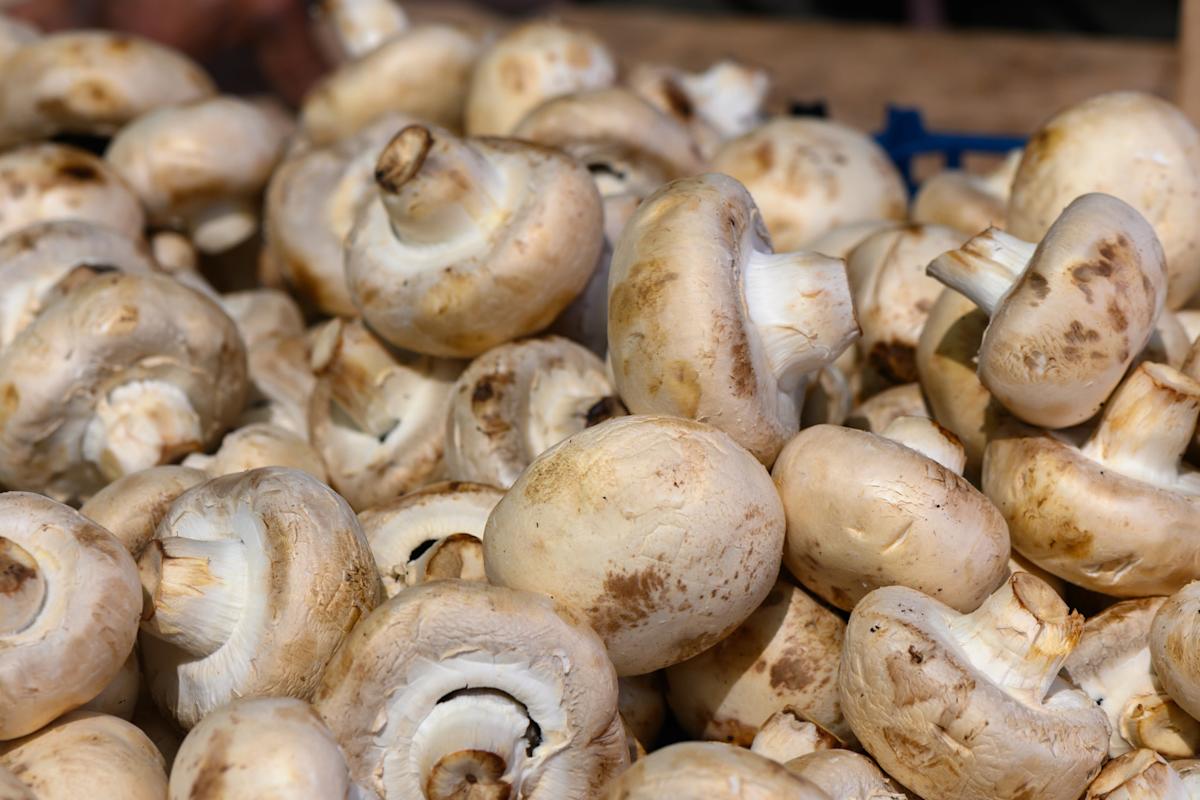BEIJING – In a groundbreaking discovery, Chinese scientists have identified a novel composting method using mushrooms that significantly enhances crop growth while reducing agricultural waste.
Immediate Impact
A team from the Kunming Institute of Botany at the Chinese Academy of Sciences has introduced a species of mushroom into the composting process. The findings, published in the journal Environmental Science & Technology, reveal that this method not only boosts plant growth but also curbs the spread of antibiotic-resistant genes and pathogens.
Key Details Emerge
The study compared traditional composting methods with those incorporating mushrooms. The results showed that mushroom-enhanced compost suppressed harmful pathogens and enhanced the growth of oats, a commonly cultivated crop.
“The results show significant growth of oats stimulated by biofertiliser use,” the researchers noted in their publication.
Industry Response
This discovery is poised to revolutionize sustainable agriculture. By addressing the dual challenges of waste management and crop yield improvement, this method offers a promising solution to the agricultural sector’s environmental impact.
By the Numbers
- Global agriculture produces 14 billion tons of crop straw annually.
- 125 million tons of livestock manure are generated each year.
- The new composting method reduces antibiotic-resistant genes in crops.
What Comes Next
The timing of this breakthrough is particularly significant as global agriculture faces increasing pressure to reduce its environmental footprint. The integration of mushrooms into composting processes could become a standard practice, encouraging a shift towards more sustainable farming methods.
Background Context
Agriculture is a cornerstone of the global economy, providing food and employment to millions. However, it also generates substantial waste, contributing to pollution and climate change. Traditional composting methods have struggled to fully address these issues, particularly concerning antibiotic resistance.
Expert Analysis
Experts in sustainable agriculture are optimistic about the implications of this study. Dr. Li Wei, an environmental scientist not involved in the study, remarked, “This development builds on previous research, offering a practical solution to a persistent problem in agriculture.”
Regional Implications
China, a major agricultural producer, stands to benefit significantly from this discovery. By adopting these methods, the country can enhance food security while mitigating environmental impacts.
Timeline of Events
- Research initiated at Kunming Institute of Botany.
- Initial findings published in Environmental Science & Technology.
- Potential for global application recognized.
As the world continues to grapple with the challenges of sustainable agriculture, innovations like these offer a glimpse into a future where environmental and economic goals align. The integration of mushrooms into composting could be a pivotal step towards achieving these objectives.
